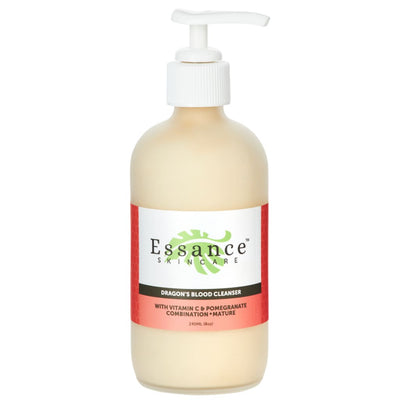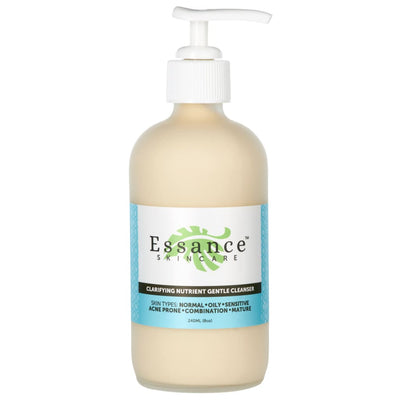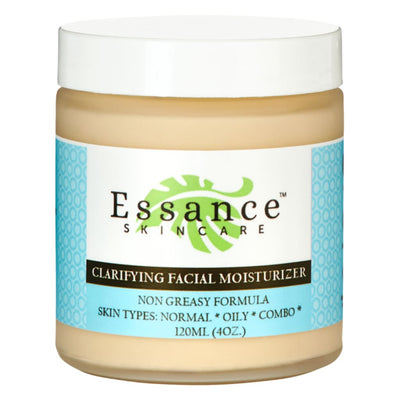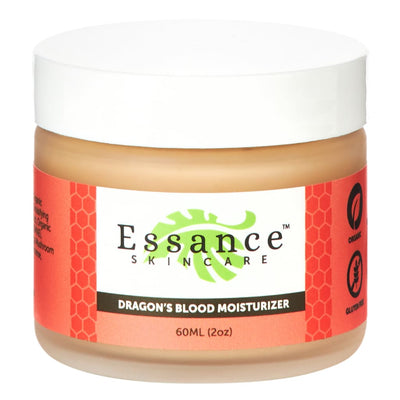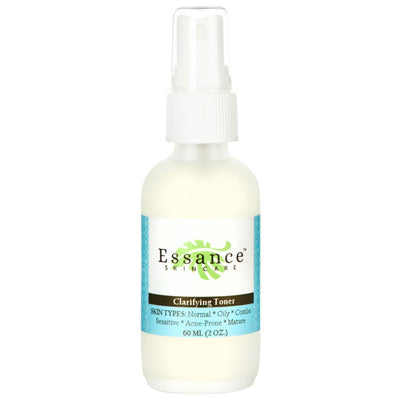Teenage acne is a rite of passage for many—but that doesn’t make it any easier. If you’re waking up to another breakout (or supporting a teen who is), you may wonder: can food actually cause acne? The short answer: yes, food can impact your skin—but it’s more about what you eat and how your body responds than just blaming one chocolate bar.
At Essance Skincare, we believe in a holistic approach—supporting the skin inside and out with organic, food-grade ingredients and mindful practices. Let’s break down the truth about the diet-acne connection, bust some myths, and offer real tips for healthier skin.
Understanding the Link Between Food and Acne
Teen acne is mostly driven by puberty and hormones—especially androgens that cause oil glands to produce more sebum. When that extra oil mixes with dead skin and bacteria, clogged pores and breakouts happen.
But recent research shows that diet can influence acne too. Certain foods may trigger inflammation, hormonal shifts, or oil production, making breakouts worse—or better.
Common Myths Teens Hear About Acne
Let’s clear up a few myths that often confuse teens:
- Myth #1: Chocolate causes acne. Not exactly. It’s usually the sugar and dairy in chocolate that are the culprits—not cocoa itself, which is actually rich in antioxidants.
- Myth #2: Greasy food = greasy skin. Eating fried foods won’t make your skin oily, but many processed foods are high in refined carbs and unhealthy fats that can contribute to inflammation.
- Myth #3: Acne means dirty skin. Acne isn’t caused by being “dirty.” Over-washing or using harsh scrubs can actually damage your skin barrier and cause more breakouts.
- Myth #4: Washing more = fewer pimples. Gentle cleansing is key, but scrubbing too hard or too often can irritate the skin and make things worse.
Foods That May Trigger Breakouts
Some foods are more likely to aggravate acne-prone skin, especially during hormone shifts:
- Sugar & high-glycemic carbs (like white bread, candy, or soda): These spike blood sugar and insulin levels, which can increase oil production.
- Dairy products: Milk contains natural hormones that may disrupt your own, potentially contributing to acne in some teens.
- Processed & fast foods: Burgers, chips, and fried snacks can raise inflammation and mess with hormonal balance.
The Best Diet for Acne-Prone Skin
You don’t need a perfect diet—just a balanced one. Here are skin-supportive foods to focus on:
- Low-glycemic options: sweet potatoes, quinoa, lentils, and leafy greens help stabilize blood sugar and reduce oil production.
- Antioxidant-rich produce: berries, spinach, bell peppers, and oranges fight inflammation and promote healing.
- Omega-3 fats: found in walnuts, flaxseeds, and chia seeds—these reduce inflammation and keep skin calm.
- Zinc and Vitamin A: from pumpkin seeds, carrots, and kale—these support skin repair and oil regulation.
Also: drink water! Hydration helps everything—from digestion to detoxification to clearer skin.
Pairing a Good Diet with Gentle Skincare
At Essance, we believe food and skincare work best together. Even with a healthy diet, teenage skin needs the right topical care:
-
Cleanse Gently
Use our Multifruit Peptide Collagen Cleanser to remove oil and debris without stripping skin. Fruit enzymes support renewal naturally. -
Treat Breakouts Naturally
Our Dragon’s Blood Clarifying Serum calms inflammation and clears pores with plant-based power. -
Moisturize Daily
Our Revitalizing Moisturizer provides light hydration with hyaluronic acid and herbs that support balance—yes, even for oily skin.
Avoid alcohol-based products, synthetic fragrances, and over-exfoliating. Consistency and gentleness go a long way.
Final Thoughts: Your Skin, Your Journey
Acne isn’t caused by one snack or one bad day—it’s a mix of hormones, habits, and how your body reacts. The good news? Small changes in diet and skincare can make a big difference.
Track your meals, notice how your skin responds, and stay consistent. Every teen’s skin is different, and learning what works for you takes time—but you don’t have to figure it out alone.
FAQs
1. Can junk food cause acne?
Yes—sugary, fried, or processed foods may trigger hormonal shifts and inflammation linked to breakouts.
2. What foods are best for acne-prone skin?
Whole, unprocessed foods: leafy greens, berries, lentils, nuts, seeds, and sweet potatoes.
3. Is acne only about diet?
No—acne is influenced by hormones, genetics, skincare, and stress. Diet is just one piece of the puzzle.
4. Does water help?
It won’t cure acne, but staying hydrated helps flush toxins and regulate oil.
5. When will I see results from diet changes?
Give it time—typically 6–12 weeks of consistent habits for lasting improvements


